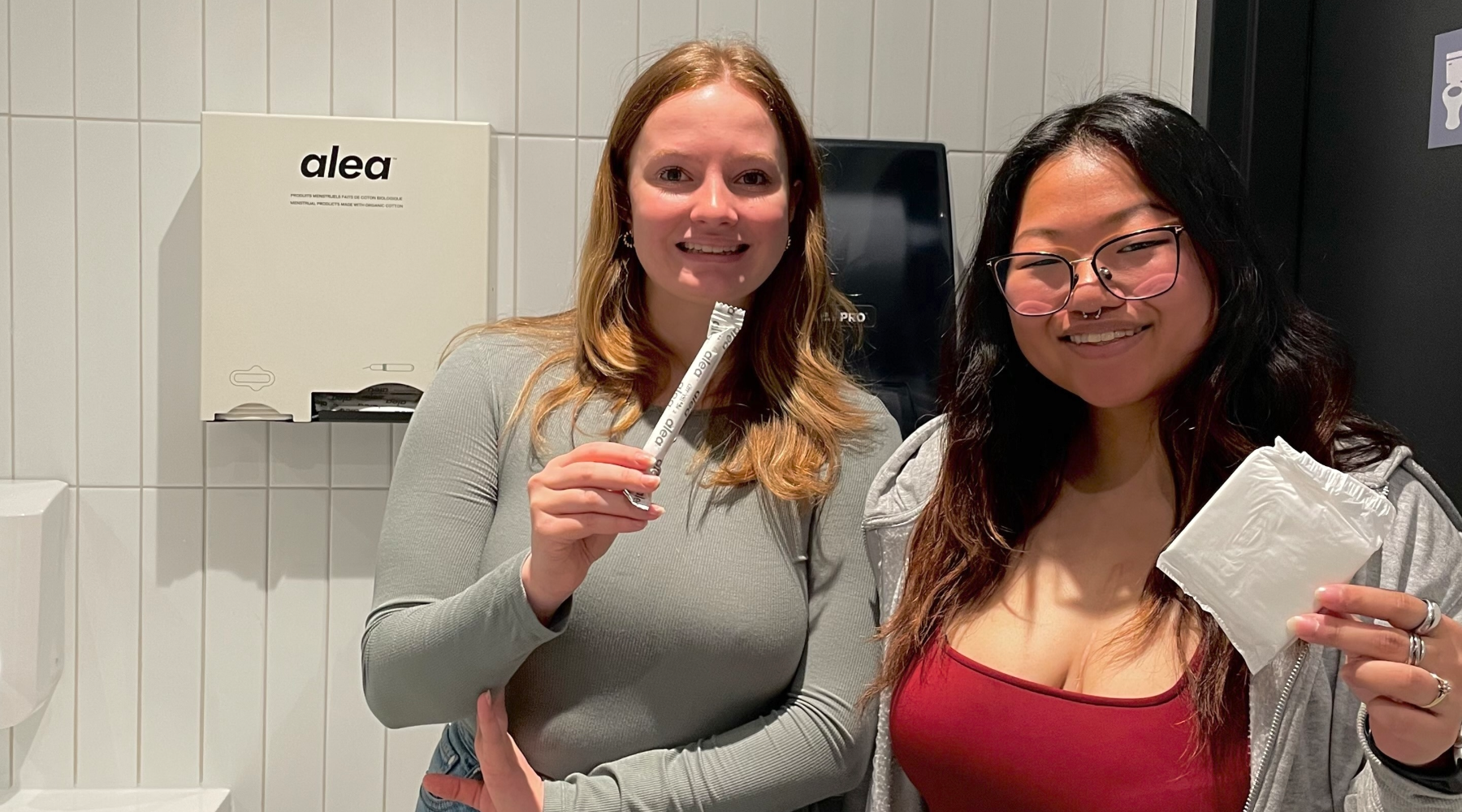Why Period Products Should Be Accessible in Every School

Access to period products is an essential aspect of menstrual health that directly impacts equity, dignity, and well-being. Despite societal progress, the lack of readily available period products in schools continues to hinder students' ability to participate fully in their education. Alea, an advocate for sustainable and accessible menstrual care, emphasizes the need for practical solutions to address this gap and ensure that no student is left behind due to menstruation.
The Importance of Accessibility to Period Products in Schools
Providing free and accessible period products in school bathrooms is not just about addressing hygiene needs—it’s about promoting educational equity and supporting overall well-being. A 2019 study from the Canadian Women’s Foundation revealed that 1 in 3 individuals with low income struggles to afford period products, highlighting the urgent need for systemic solutions in public spaces like schools.
1. Reducing Stigma and Encouraging Inclusivity
When period products are readily accessible in schools, they normalize menstruation and eliminate the shame often associated with needing to ask for help or missing class. This simple yet impactful action helps foster an inclusive environment where students of all genders are empowered to engage openly and empathetically around menstruation, breaking harmful taboos.
2. Supporting Equity through Availability
Economic barriers often force students to manage menstruation with inadequate resources, leading to physical discomfort, missed class time, and long-term disadvantages. By ensuring that period products are as readily available as hand soap or paper towels, schools take a tangible step toward promoting equity and dignity for every student.
3. Reducing Absenteeism and Enhancing Participation
Periods shouldn’t mean lost educational opportunities. Yet, many students miss school when they lack access to appropriate products. Schools that provide sustainable, safe period solutions allow students to focus on their education, supporting academic success and personal growth.
A Sustainable Approach: Joining Health and Environment
As part of their mission to provide health-conscious, environmentally-friendly care, Alea offers biodegradable and plastic-free products like Alea’s organic cotton liners and organic tampons. Schools that adopt sustainable dispensers or bulk-purchase Alea’s eco-friendly options align accessibility efforts with environmental goals, introducing young individuals to responsible consumption while addressing immediate needs. In addition, exploring options such as the tampons bundle can further enhance menstrual care in educational settings.
Practical Steps to Implement Accessible Menstrual Care
- Install dispensers for free, sustainable period products, promoting accessibility as a basic necessity in every bathroom.
- Partner with enterprises like Alea to provide cost-effective, environmentally conscious period care solutions.
- Involve students in discussions about menstrual equity to raise awareness and encourage ownership of inclusive health practices.
Conclusion: Accessibility as a Pillar of Equity
Making period products accessible across schools reflects a commitment to building equitable, empowering spaces for every student. Alea’s dedication to sustainability and combatting period poverty demonstrates how businesses can partner with institutions to bring meaningful change. Together, we can ensure that something as basic as menstruation never stands in the way of education, dignity, or well-being.
Would you like to see Alea period products in your schools, or would you like our team to reach out to a specific school? Fill out the form on our page, and we will be in touch!